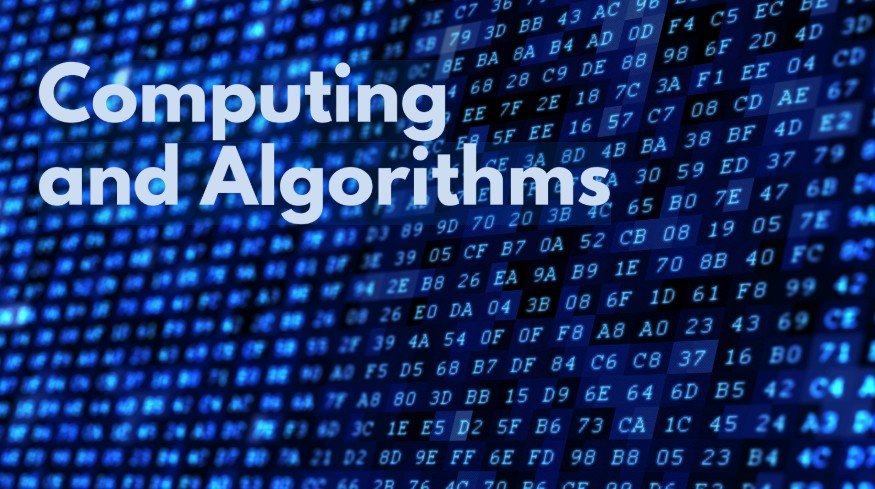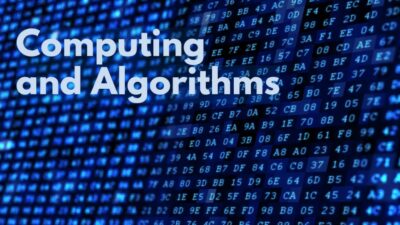This article explains what quantum computing is and how it could change the future. Quantum computers use qubits, which are different from regular computer bits because they can exist in multiple states at once, thanks to a quantum property called superposition. This allows quantum computers to process information in ways that classical computers cannot, potentially solving complex problems much faster. However, current quantum computers are still very basic and error-prone, and it may take many years before they become powerful enough to outperform traditional computers in most tasks.
The article also discusses how quantum computers could be used for important applications like drug discovery, materials science, and breaking encryption codes. It highlights the challenges of building stable qubits that can maintain their quantum states without being disrupted by external factors like temperature or electromagnetic interference. Scientists are experimenting with different types of qubits, such as ions, superconducting circuits, and photons, each with its own advantages and limitations. While some early quantum computers have shown promise, they are not yet capable of solving real-world problems more efficiently than classical computers. Researchers are working to improve quantum technology so that it can eventually be used for practical purposes like secure communications and advanced simulations.
Source: https://www.nist.gov/quantum-information-science/quantum-computing-explained
Keywords: qubits, superposition, entanglement



